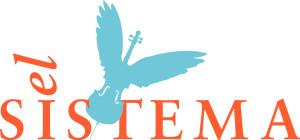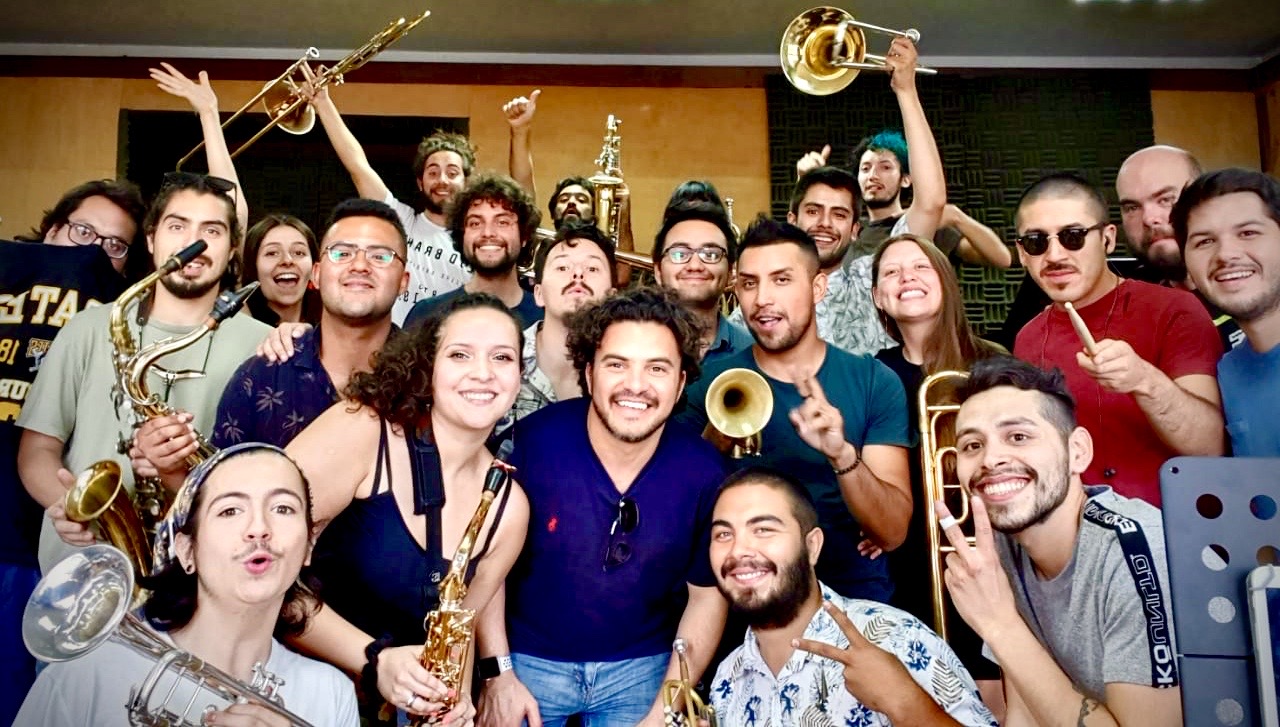
Topics
News & Resources
Editorial
Editorial: April 2020
Hillary Harder, ECoSistema Coordinator, Elkhart County, IN
For the past year, I have enjoyed meeting with a group of educators and administrators from the El Sistema USA community who seek to collectively define “equity.” Our goal is to educate ourselves about big ideas—systemic access barriers, intersectionality and identity, culturally responsive teaching—and articulate what they mean for us. At the core of these conversations is the idea that El Sistema–inspired programs are uniquely positioned to work toward equity. Maestro Abreu paved the way with his vision of universal access and social change through music education; today, in our North American context, the El Sistema-inspired field must engage with the dynamics of race, class, gender, ability, language, and social factors. If we seek to deeply know and empower our students, these conversations are crucial.
These monthly online conversations have solidified into the Equity-Centered Pedagogy working group through El Sistema USA, co-facilitated by me and Longy’s Monique Van Willingh. Though “equity-centered pedagogy” is a broad topic, we hope that it unites, not divides, the El Sistema community—an invitation to engage rather than an alienating buzzword. While our takeaways are still forming, the following provides a snapshot of what we believe equity-centered pedagogy is:
Research-based: Research on culturally responsive teaching, like the works of Geneva Gay and Gloria Ladson-Billings, helps us address the systemic barriers students face and how best to address them in our teaching.
Excellence-driven: All students have a right to access the many forms of excellence: musical, social, academic, behavioral, and emotional, to name a few (thanks to Sistema Toronto’s Christie Gray and others for this way of framing “excellence”).
Centered on what we teach and how we teach it: We work toward equity not only through repertoire and curriculum, but also through teaching strategies, classroom management, and learning activities.
Equity-centered pedagogy is not: promoting or devaluing specific styles or genres of music; a curriculum or method; or an impediment to music-making, as we believe equity and musical education go hand-in-hand.
We hope to continue the conversation on equity-centered pedagogy with the El Sistema community, and we extend an invitation to join us on our website and contribute to our ongoing dialogue.
Related Content
All Regions, Collaborations, Professional Development, Teaching & Learning

Royal College of Music Offers Three-Day Course on Teaching Young Musicians
Patrick Scafidi

Collaborations, Europe, Featured, Perspectives & Collective Action, Student Voice & Leadership, the world ensemble

Ceding the Floor to Young People in Crisis Times
Francis Gagliardi

Community Building, Featured, Latin America, Performance, Perspectives & Collective Action, Program Design, the world ensemble

Shaping Curricula to Overcome Resource Scarcity
Esteban Alvarez

Africa, Editorials, the world ensemble
Government Support Is Essential, Especially Right Now
Eldevina Materula


